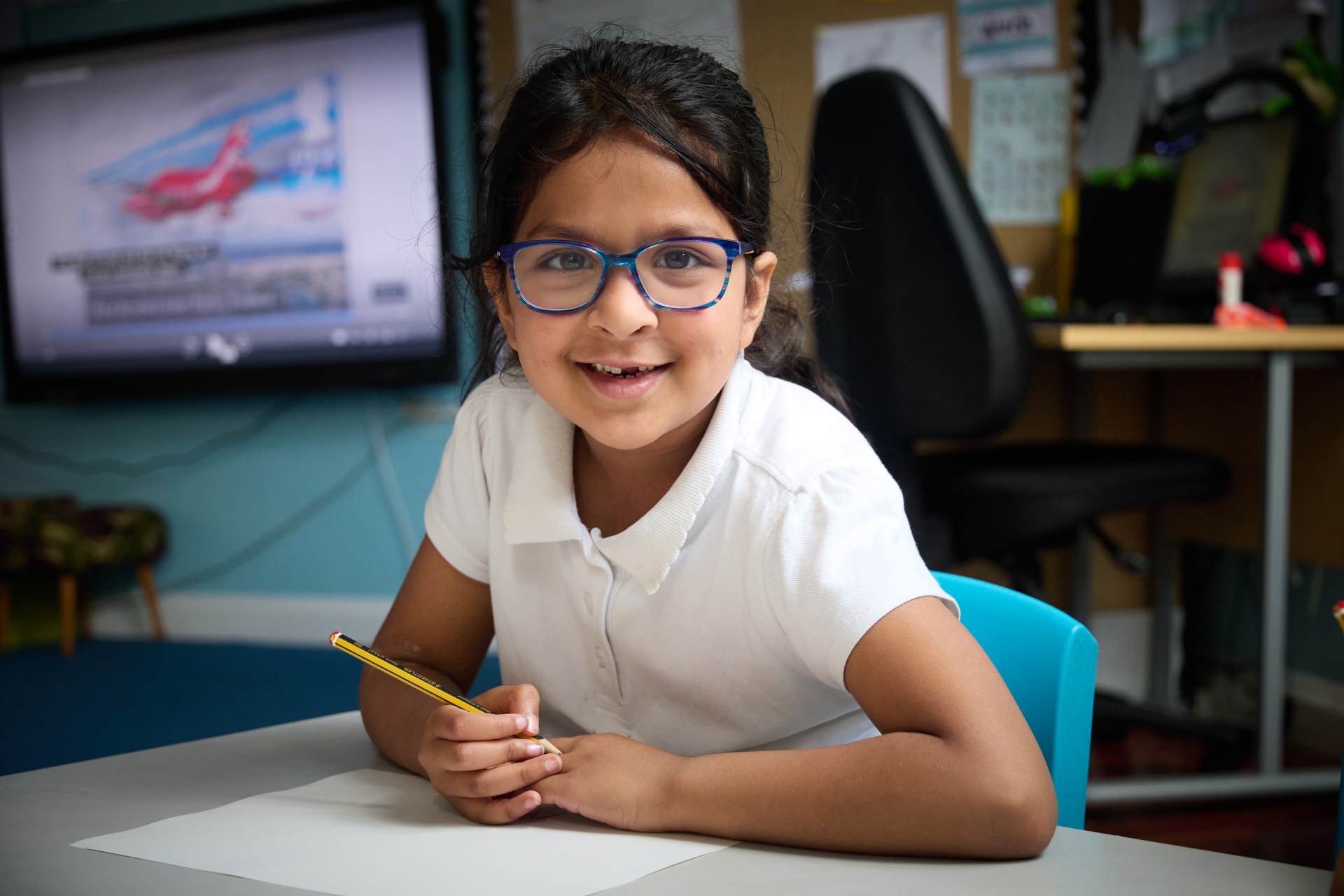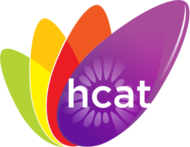MFL

Languages – Curriculum Information
Our lead teacher for languages is Miss Nixon.
At Pearson Primary School we believe that the learning of another language provides a valuable social and cultural experience. Many of our pupils come to school already speaking another language, most of which have English as their second language. We celebrate this within school by encouraging them to share their language with other pupils, and value the support of parents who come into school to read stories, learn pupils songs and rhymes in their home languages.
The aims of learning another language
The National Curriculum for languages aims to ensure that all pupils:
- Understand and respond to spoken and written language from a variety of authentic sources
- Speak with increasing confidence, fluency and spontaneity, finding ways of communicating what they want to say.
- Can write at varying length, for different purposes and audiences, using the variety of grammatical structures that they have learnt.
- Discover and develop an appreciation of a range of writing in the language studied.
During the year we hold international days where all children learn and experience other languages and cultures. This is just one way that we share and celebrate the diversity of languages that we already have in school.
In Years 4 to 6, all children learn Latin through the Maximum Classics scheme. Maximum Classics is a Latin and Classics course for KS2, backed by funding from Classics for All and The Shine Trust. The course’s three primary aims are:
- to facilitate the introduction of Latin and Classical culture to the primary state-sector to pupils of all abilities
- to create a sustainable solution for the teaching of Latin and Classical culture by training incumbent KS2 class teachers
- to support the aims of the KS2 National Curriculum in MFL and English, especially in supporting the learning of grammar and syntax, and in the extension and enrichment of English vocabulary
The course includes segments on Classical culture (e.g. mythology, everyday life) and on the Latin language. The Latin language component is designed specifically to support the grammar and syntax learning required at KS2, while bolstering literacy through an English-Latin etymological approach. The course incorporates multi-modal learning and games, and is differentiated for various abilities.
Pearson Primary School said:
“Classics for All have been hugely supportive throughout the whole process of developing Latin on the curriculum at Pearson. They have provided supporting documents, expert training and resources for teachers to use when delivering the Latin Scheme. The trainer’s knowledge and enthusiasm for the subject has been great and has inspired and motivated teachers whilst we are on our Latin journey.”
Further Information
-
Latin LTP 2025 - 2026
download_for_offline
download_for_offlineLatin LTP 2025 - 2026



